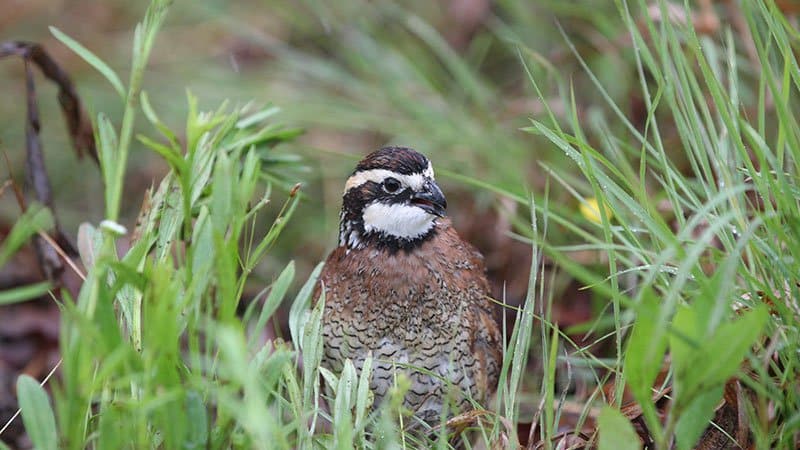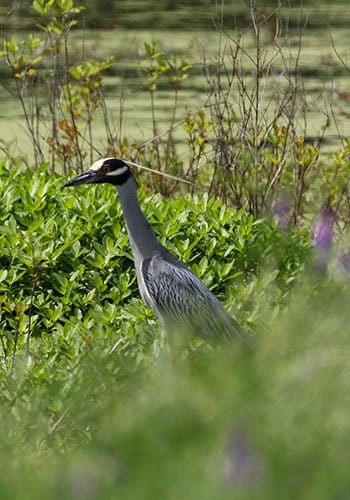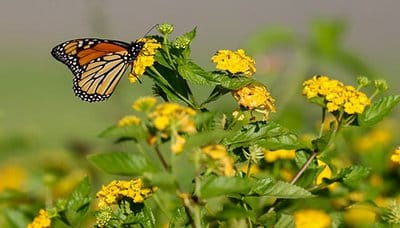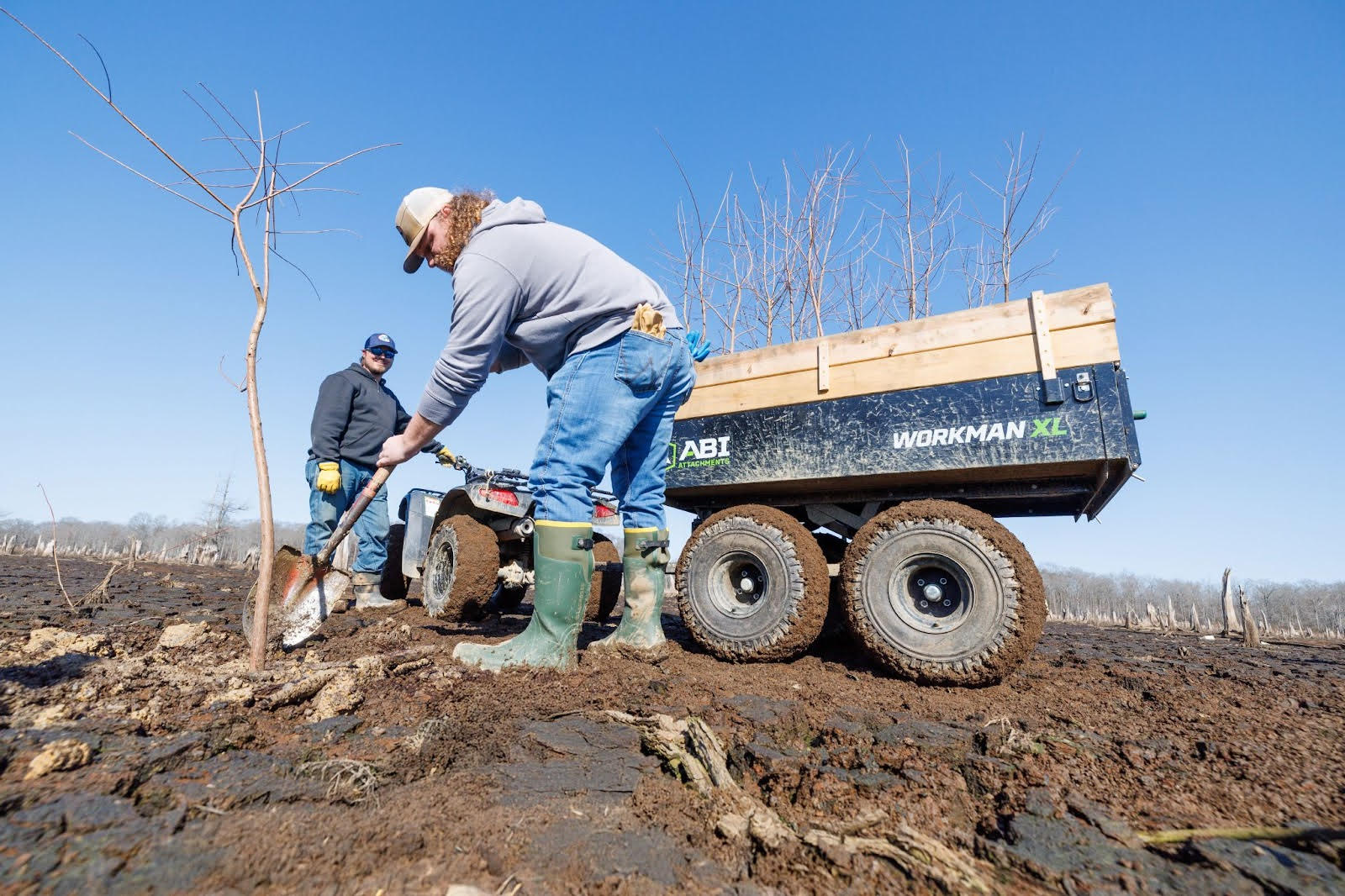Historic wildlife conservation act makes leap forward
ON 07-08-2020

July 8, 2020
Randy Zellers
Assistant Chief of Communications

WASHINGTON, DC — Wildlife conservation efforts across Arkansas may see a dramatic boost in the near future, thanks to the passage of the Recovering America’s Wildlife Act by the U.S. House of Representatives last week.
The act was included as an amendment to the Moving Forward Act package, an effort to stem the surge in unemployment in the wake of COVID-19 by creating new jobs repairing and improving our nation’s infrastructure. The bipartisan Recovering America’s Wildlife Act (H.R.3742), also known as RAWA, will benefit the nation’s economy by creating as many as 33,500 new jobs annually, supporting future economic growth in the outdoor recreation sector through infrastructure improvements, and increase resiliency and recovery of imperiled species and their habitats.
According to a release by the Association of Fish and Wildlife Agencies, the new jobs created from infrastructure improvement work are relatively small compared to the massive effects healthy wildlife habitat have on our nation’s economy.
Championed by Congresswoman Debbie Dingell (D-MI) and Congressman Jeff Fortenberry (R-NE), RAWA has seen 182 bipartisan members of the House of Representatives join as cosponsors.
“The $1.4 billion annual investment from the Recovering America’s Wildlife Act would lead to an additional $3.36 billion of economic output…every federal dollar spent on species and habitat restoration would generate 2.4 times more money for the national economy.
“By directing funds to State Wildlife Action Plans through the Recovering America’s Wildlife Act, America will be fueling shovel-ready projects that immediately create jobs in a sector with one of the highest returns on investment and support continued world-class outdoor recreation opportunities.”
Much more importantly, RAWA will serve as a much-needed funding source for habitat management benefitting all wildlife.
Chris Colclasure, deputy director of the Arkansas Game and Fish Commission, says the act would mean a greatly increased ability to manage all wildlife and enhance the Commission’s ability to focus more efforts to non-game wildlife as well as game species.

Every state has developed a wildlife action plan to identify species in need of additional efforts to prevent population declines, but most states don’t have adequate funding to implement the strategies. Some species, such as eastern collared lizards, diana fritillary butterflies (Arkansas’s state butterfly), and a variety of songbirds, may not be recognizable by most Arkansans and often get left out of wildlife management conversations, but they actually are very important ecologically and serve as indicators of good habitat. When these species thrive, so do many others that are more recognizable, such as quail and turkeys. Other species on Arkansas’s Wildlife Action Plan include game animals such as northern bobwhite and American black duck. The plan also includes many pollinator species essential to agricultural crops throughout the Natural State. According to the Natural Resources Conservation Service, three-fourths of the world’s flowering plants and approximately 35 percent of the world’s food crops depend on animal pollinators. Good habitat benefits a whole host of wildlife species and provides other benefits such as improved water quality.
“Just as everything the AGFC does to enhance deer, turkey or waterfowl habitat improves habitat for non-game species, this funding will allow us to work on larger, landscape-scale projects that will benefit both non-game and game species,” Colclasure said. “It also helps fund projects that have just been outreach. Hunters and anglers have helped fund the majority of state conservation efforts through their license sales and sporting goods purchases, and thanks to Amendment 75, all Arkansans contribute to wildlife conservation work in Arkansas. Because hunting and fishing participation has declined over time resulting in less available funding to address the breadth of conservation issues, having a fund source such as RAWA couldn’t come at a better time. We know that during the COVID-19 pandemic our public has depended on our natural places. This funding will help us manage them even better for all species, including us, for generations to come.”
Colclasure says there is still much work to be done to pass this act, as it is now on its way to the U.S. Senate, and must then be approved by the President before it becomes law.
“This is an exciting time in conservation, but we must continue to push forward to make it a reality,” Colclasure said.
Recent News
Subscribe to Our Weekly Newsletter E-mails
Don’t miss another issue. Sign up now to receive the AGFC Wildlife Weekly Newsletter in your mailbox every Wednesday afternoon (Waterfowl Reports are published weekly during waterfowl season and periodically outside the season). Fishing Reports arrive on Thursdays. Fill in the following fields and hit submit. Thanks, and welcome!


